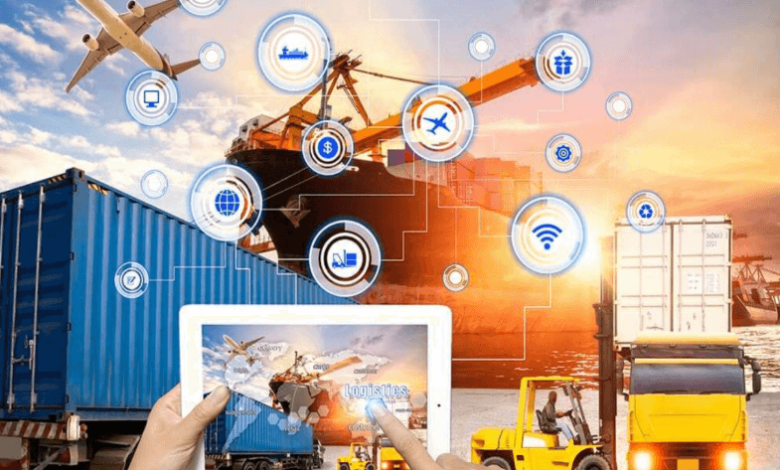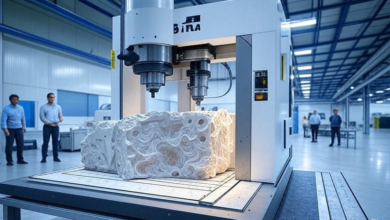How Technology is Transforming Logistics in Hong Kong

Hong Kong has long been recognized as one of the most efficient logistics hubs in the world. Its strategic location in Asia, combined with world-class port and airport facilities, has made it a gateway for international trade. However, in today’s fast-paced and competitive market, physical infrastructure alone is no longer enough. The real game-changer in recent years is the rise of advanced technology in logistics. As digital transformation accelerates, logistics hong kong is evolving rapidly, with smart solutions paving the way for a more efficient, transparent, and resilient supply chain ecosystem.
Smart Warehousing: The Digital Backbone
One of the most significant technological upgrades in Hong Kong’s logistics sector is the implementation of smart warehousing. Traditional warehouses are being replaced with intelligent systems that use Internet of Things (IoT) devices, artificial intelligence (AI), and automation. These technologies allow for real-time inventory tracking, temperature monitoring, and automated sorting and packaging.
Companies in Hong Kong are increasingly adopting autonomous mobile robots (AMRs) to move goods around large warehouses. These robots can navigate spaces without human intervention, increasing productivity and reducing the chance of human error. Cloud-based warehouse management systems (WMS) also play a crucial role, allowing businesses to monitor operations remotely and make data-driven decisions.
See also: The Role of AI Face Swap Technology in Political Campaigns
Real-Time Visibility with IoT and GPS
In a city where efficiency is everything, logistics providers are using technology to offer real-time tracking and updates. IoT sensors, GPS systems, and RFID tags allow companies to monitor the location and condition of goods at every stage of the supply chain. Whether shipments are being transported by land, sea, or air, clients can receive updates instantly, improving communication and trust.
This visibility is not only valuable for customers—it also helps logistics companies respond to disruptions quickly. If a shipment is delayed or a vehicle deviates from its route, alerts can be triggered, allowing managers to take immediate action. In the fast-moving logistics market of Hong Kong, this kind of agility is essential.
Artificial Intelligence and Predictive Analytics
Artificial intelligence is playing a critical role in optimizing logistics operations. AI algorithms can analyze massive datasets from past shipments, traffic patterns, and weather conditions to forecast demand, improve delivery routes, and reduce costs. In Hong Kong, where limited space and high traffic volumes can be challenging, smart routing powered by AI makes deliveries faster and more efficient.
Predictive analytics is also helping logistics companies plan ahead for peak seasons, manage labor more effectively, and allocate resources where they are needed most. These technologies reduce waste, improve service quality, and enhance overall customer satisfaction.
Online platforms like https://www.shiply.com/us/load-board are also revolutionizing how logistics companies match freight with carriers, making the shipping process more efficient and cost-effective through digital load boards.
Blockchain for Transparency and Security
Security and transparency are two major concerns in global logistics. In response, some logistics companies in Hong Kong are exploring blockchain technology. By creating a tamper-proof digital ledger, blockchain can provide a transparent and secure way to track goods, manage contracts, and verify transactions.
This is especially useful for industries that deal with sensitive or high-value goods, such as electronics, pharmaceuticals, and luxury items. With blockchain, stakeholders can see every step in the journey of a product, ensuring accountability and reducing the risk of fraud.
The Future of Logistics in Hong Kong
As the logistics industry in Hong Kong continues to grow, technology will remain at the center of its transformation. The integration of robotics, AI, blockchain, and IoT is not just about staying competitive—it’s about setting new global standards for efficiency, transparency, and customer satisfaction.
Companies that invest in smart technologies today are positioning themselves as leaders for tomorrow. In the coming years, logistics in Hong Kong will become faster, greener, and more intelligent than ever before.





